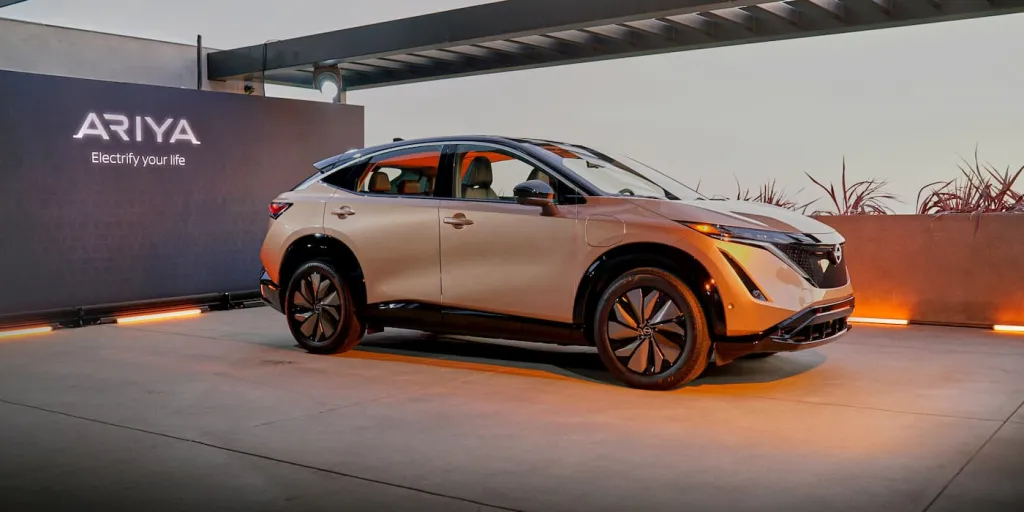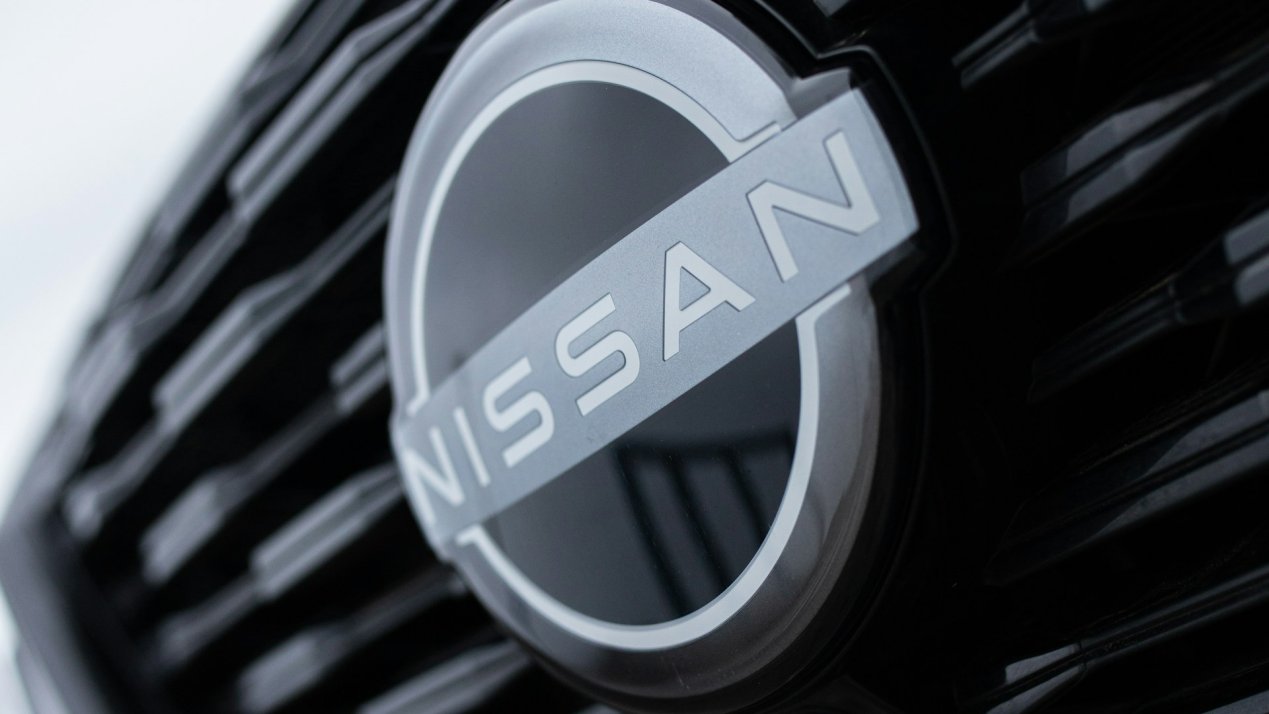Nissan has temporarily halted plans to expand its electric vehicle (EV) lineup in the United States. The company has delayed the release of two battery-powered sedans initially scheduled for a 2027 launch. Instead, Nissan will focus on producing more SUV models, citing the importance of timing in bringing vehicles to market. This shift aligns with evolving consumer preferences, which currently favor SUVs over sedans.
New EV to Be Produced in Canton Factory
At its Canton, Mississippi, facility, Nissan plans to introduce a fifth EV, a compact crossover similar in size to the Nissan Rogue. Currently, the factory manufactures the Titan truck, Altima sedan, and Frontier pickup. However, production of the Titan will end this summer, and the Altima will cease in 2025. These changes signify a transition for the Canton plant, preparing it for the company’s future vehicle lineup.

Also Read: 10 Biggest Maintenance Blunders Nissan Owners Should Avoid
Nissan’s decision to prioritize SUVs comes as demand for electric cars wanes. Automakers are reevaluating production plans to better align with market trends. Nissan’s pivot reflects this broader shift, as manufacturers aim to adapt their offerings to meet customer preferences. Following the announcement, Nissan’s stock experienced a slight decline, signaling ongoing challenges within the automotive industry.
Industry Leaders Rethink Electrification Timelines
Other automakers have made similar adjustments to their electrification strategies. Mercedes-Benz recently revised its goal of fully transitioning to EVs by 2030, deciding instead to continue producing hybrid and combustion-engine vehicles for as long as consumer demand exists. CEO Ola Källenius emphasized the need for flexibility in responding to market conditions.
Lamborghini has also delayed its electrification plans, with CEO Stephan Winkelmann describing such efforts as premature. These changes illustrate how automakers are recalibrating their strategies in response to fluctuating market dynamics. Nissan’s focus on SUVs highlights the need for agility as companies navigate shifting consumer interests and prepare for the future of mobility.
Also Read: 2025 Nissan Murano Revamp: Standard AWD, Enhanced Tech, and New Engine Drive Upgrades

